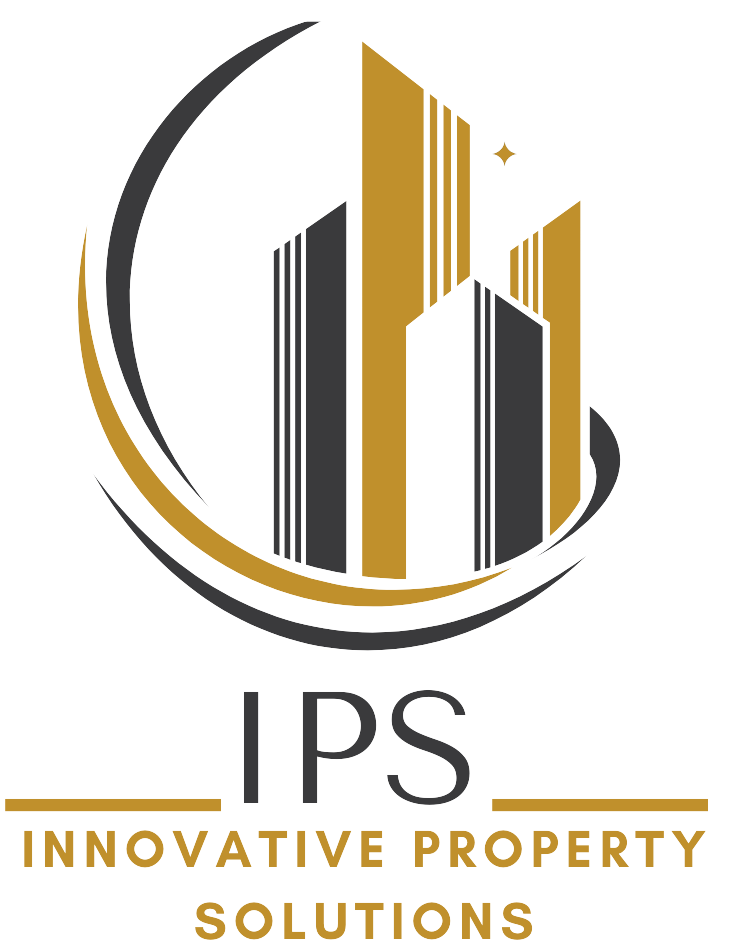
When you’re preparing to sell a property or triggering a deemed disposition, the capital gains tax can quietly become the single largest financial event tied to that asset. And yet, many property owners in Toronto approach capital gains appraisals with too little preparation or understanding. At IPS, we’ve seen firsthand how subtle missteps can lead to inflated tax burdens, CRA scrutiny, or delayed closings. Below, we’re breaking down the most common and costly mistakes Toronto property owners make when seeking an appraisal for capital gains—and what you should do instead.
Mistake 1: Ordering the Appraisal Too Late
Timing matters more than most people realize. The value that determines your capital gain isn’t based on when the appraisal was conducted—it’s based on the property’s fair market value at the time of the taxable event. That event might be the day you sell, gift, transfer, or are deemed to have disposed of the property.
Waiting weeks or months after that point to engage an appraiser creates unnecessary risk. The market may shift, and retroactive estimates become less precise, even if they’re allowed. The sooner you initiate the appraisal after the trigger event—or ideally just before—the more defensible your valuation will be.
Mistake 2: Using an Unqualified or Inexperienced Appraiser
Many property owners assume any appraisal will do, but when dealing with capital gains, the Canada Revenue Agency (CRA) has specific standards. Reports must reflect fair market value, follow acceptable methodologies, and include adequate support.
A friend who’s a real estate agent or a quick automated report won’t cut it. If you’re audited, the CRA can reject valuations that lack rigour or independence. At IPS, our appraisers are certified, fully independent, and specialize in Toronto’s complex real estate landscape—including income properties, land, mixed-use, and residential portfolios. We provide reports that hold up not just to CRA review, but to your accountant, lawyer, and financial advisor, too.
Mistake 3: Ignoring Renovations or Improvements
A surprising number of property owners forget to account for major renovations when reporting their capital gain. Under CRA rules, the cost of capital improvements can be added to your Adjusted Cost Base (ACB), which reduces your taxable gain. But this only works if the upgrades are documented, and your appraiser understands how to factor them in.
From finished basements to new roofing, landscaping, additions, or rezoning, every improvement has the potential to influence both your cost base and your current market value. Appraisers at IPS ask the right questions up front to ensure your property’s history is accurately reflected and valued.
Mistake 4: Relying on Purchase Price or Online Estimates
This is one of the most common and costly missteps. A property bought 10, 15, or even 5 years ago may have doubled in value—yet many owners still try to estimate their gain using outdated figures or generic online calculators.
Toronto’s market isn’t just fast-moving—it’s hyper-local. Two similar properties on opposite sides of an arterial road can yield vastly different appraised values due to zoning, lot shape, or future development potential. An accurate capital gains appraisal must account for micro-market trends, recent comparable sales, and all economic forces that affect value in real time.
Mistake 5: Overlooking Retrospective Appraisals
Capital gains often apply retroactively—such as when a property is gifted, inherited, or deemed disposed of due to changes in use. In these cases, the CRA requires the fair market value as of a past date, not today. If that date is several years back, you’ll need a retrospective appraisal that carefully analyzes comparable sales and market conditions from that specific time.
IPS appraisers have the tools, data, and research experience to prepare legally sound retrospective reports that are clear, defensible, and CRA-compliant—even if the transaction happened years ago.
Mistake 6: Not Asking What’s Included in the Report
All appraisal reports are not created equal. Some are basic summaries that provide a single-page value estimate. Others include full market analysis, comparables, photos, land use commentary, and detailed adjustment grids.
If your accountant or the CRA challenges your reported gain, you want to make sure your appraisal can stand up to scrutiny. That’s why IPS provides comprehensive capital gains appraisal reports that clearly explain how value was determined—removing ambiguity and increasing your confidence in the numbers.
Mistake 7: Failing to Consider Alternative Use Value
In fast-growing parts of the GTA, land often holds more value than the building sitting on it. A small commercial building or bungalow might be appraised for significantly more if its highest and best use is redevelopment into a mid-rise or mixed-use complex.
If your appraiser doesn’t understand zoning potential or future land use trends in Toronto, you could be undervaluing or overvaluing your property. IPS specializes in complex valuations that reflect the full value of your property—not just what’s currently built on it, but what the land itself could command in the open market.
Why Capital Gains Appraisals Require More Than a Number
A capital gains appraisal isn’t just a valuation—it’s the foundation of a tax filing, and sometimes a legal strategy. The wrong number, the wrong timing, or the wrong approach can cost you thousands. On the flip side, an accurate, professional, well-supported appraisal not only meets CRA expectations but also provides peace of mind and leverage in financial planning.
Work with IPS for Capital Gains Appraisals You Can Trust
Whether you’re selling a long-held property, transferring it to family, changing its use, or navigating estate matters, a certified appraisal is your first line of protection. At IPS, we’ve built our reputation on delivering defensible, trusted valuations across the GTA—from detached homes to development land and complex commercial portfolios.
Our capital gains appraisal services are designed to meet both CRA guidelines and your unique financial goals, with turnaround times and communication that keep you in control of your timeline.
Let’s talk today—your peace of mind starts with an honest number.


